The Churchill Program is meant for people aiming to influence the State of Israel’s diplomatic and defense agenda. This includes those who have already made it up the ranks and want to take a step back and delve deep into this field, people striving for political leadership, and advanced and excelling research students studying relevant topics and interested in their academic research influencing strategic thought in Israel.
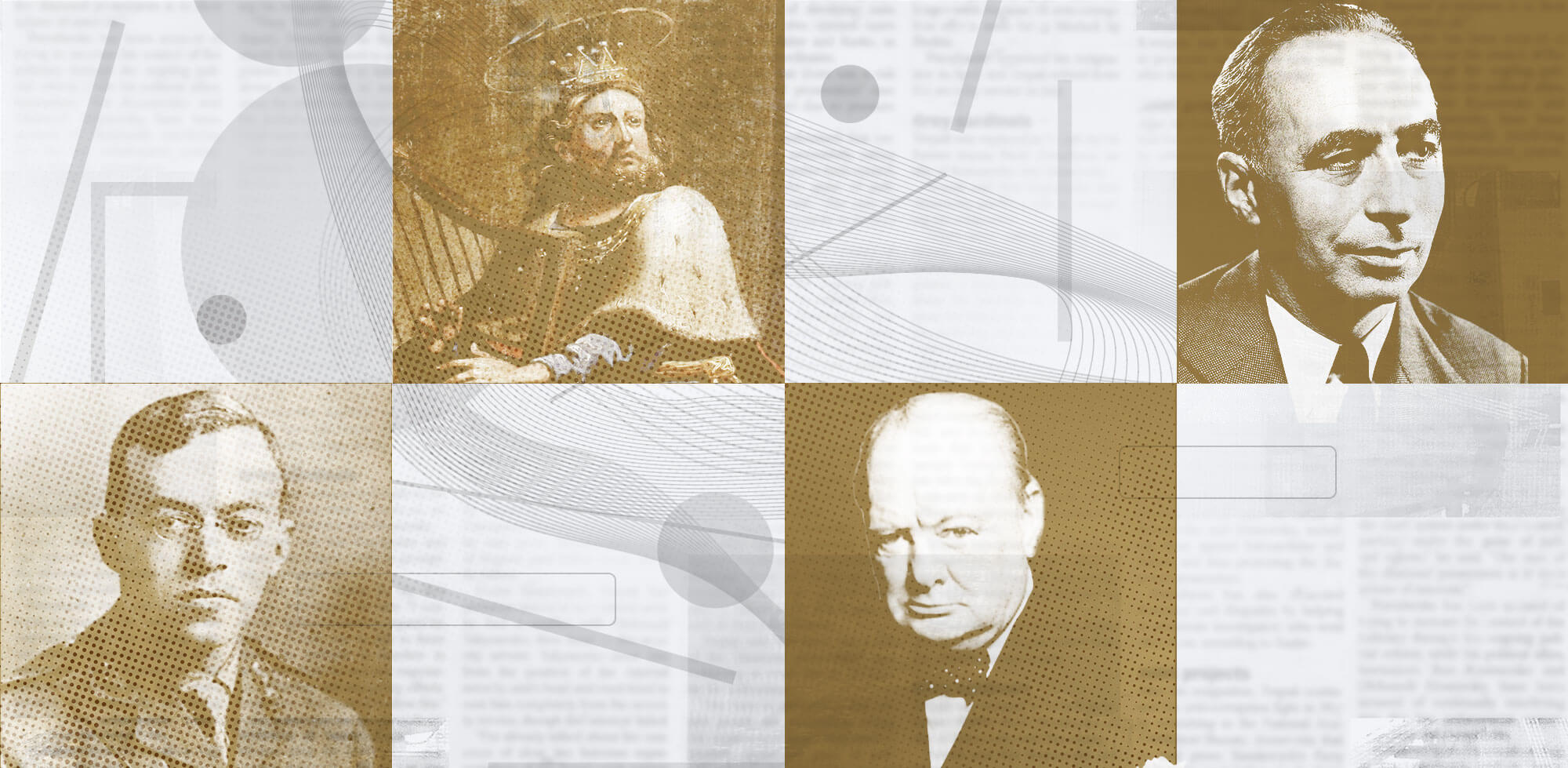
The program is built as a small, intimate seminar providing comprehensive knowledge in the field of diplomatic and defense strategy, from the level of the philosophy of international relations, moral considerations in foreign policy and the use of force, through the history of the modern period and the twentieth century, to central present-day challenges which the State of Israel is set to face in the next generation.
The program is an opportunity for participants to systematically and thoroughly form their own approach to fundamental questions on diplomatic and defense strategy, based on a national, Zionist, and conservative outlook.
In order to encourage the personal development of participants, every student will be required to prepare a personal project that corresponds with the contents of the program and present it at the end of the year. The personal project can be a written product such as a policy paper, an analysis of a relevant issue, or some other creative idea.
This series colors all the content series studied throughout the year and examines the roots of Israeli strategy, the central turns throughout its history, and the central challenges it will have to face in the coming decades.
This series is meant to provide students with a basic acquaintance with realist and conservative thought in general, as background for dealing with its consequences for questions of diplomatic and defense strategy.
This series will provide comprehensive knowledge for understanding the broader international and historic context in which the State of Israel was established. Different interpretations will be provided regarding the lessons of this history, with an emphasis on a national-conservative interpretation.
As part of an outlook granting a decisive role to ideas in history, this series will trace the development of ideas which drove and corresponded with historic events and the creation of nation states.
This series will provide students with a basic acquaintance with the modern Middle East and the different schools of the Muslim religion as a prerequisite for successfully forming a regional strategy for the State of Israel.
This series will examine the strategic culture of the three central superpowers today – the US, China, and Russia. We will examine the roots of these superpowers’ grand strategies in order to understand their future intentions and understand their consequences for Israel.
This series is meant to shed a light on the great trends in global politics today and their consequences for Israel, including: rising powers, the international economy, the geopolitics of the oil market, climate change, new bastions of support for Israel, trends in antisemitism and anti-Zionism, and more.
Reading materials are comprised from a wide range of sources written by the most important figures from a variety of fields and dealing with the subject of strategy:
Statesmen and Thinkers of the Twentieth Century in the Western World:
Winston Churchill, Hans Morgenthau, Henry Kissinger, Reinhold Niebuhr, E.H. Carr, and Norman Angel.
Leaders and writers from the Zionist movement and Israel:
Vladimir Jabotinsky, David Ben Gurion, Yehoshafat Harkabi, Yehezkel Dror, Shimon Peres, and Binyamin Netanyahu.
Leading scholars of our time:
Donald Kagan, Colin Gray, Victor Davis Hanson, Bernard Lewis, Walter Russel Mead, Allan Bloom, Barry Rubin, Yoram Hazony, and more.
Modern Philosophers:
Hugo Grotius, Emanuel Kant, Ernest Renan, and Johann Herder.
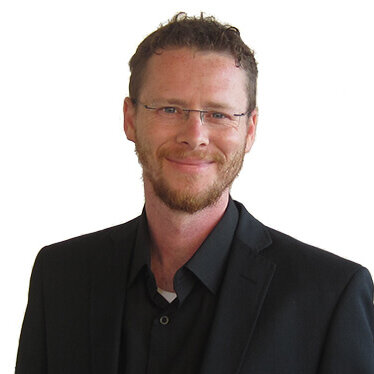
Dr. BenLevi is the director of the Churchill Program for Strategy, Statecraft and Security of the Argaman Institute at Tikvah-Israel and a research fellow at The Misgav Institute for National Security & Zionist Strategy. An expert in international relations and political science, he served for seven years as an officer in the IDF Intelligence Branch as an analyst of political-military affairs and in Israeli Air Force Headquarters. He has also been a visiting researcher at Georgetown University, a research fellow at the Institute for National Security Studies (INSS), a postdoctoral fellow at the University of Haifa and has lectured at the IDF Military Command Academy. He is the author of the book, Cultures of Counterproliferation: The Making of American and Israeli policy on the Iranian Nuclear Program (Routledge, 2023) and his research has been published in the academic journals Texas National Security Review and Comparative Strategy as well as by the Hudson Institute, the BESA Center, Jerusalem Post, and Tikvah’s Hebrew language journal Hashiloach. He received his PhD from Bar-Ilan University, his MA from Reichman University (IDC Herzliya) and a B.Sc. from the Technion.
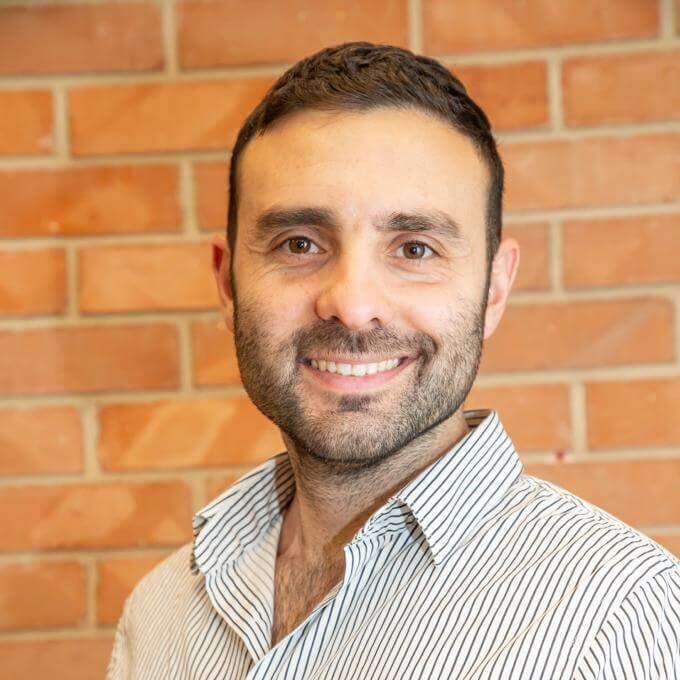
Rafael Cohen is a legal advisor for Members of the Israeli Knesset and formerly for the Director General of the Israel Ministry of Justice.

American statesman, served in senior positions in the Reagan, Bush, and Trump administrations.
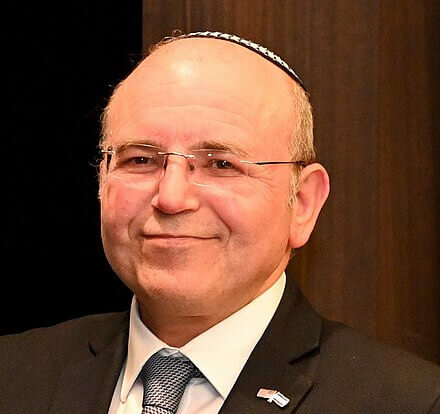
Head of the Mashgav Institute for National Security and Zionist Strategy. Former National Security Adviser and Chief of Staff for National Security.
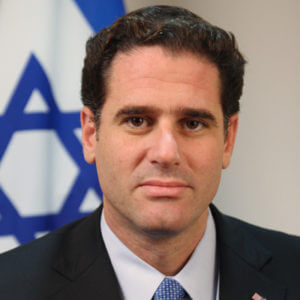
Former Israeli Ambassador to the United States, 2013-2021.
The Argaman Institute provides Churchill Institute participants with excellent conditions for devoted study, including academic accompaniment and full meals throughout the day.
Participation in the program requires a payment of 5,000 NIS.
